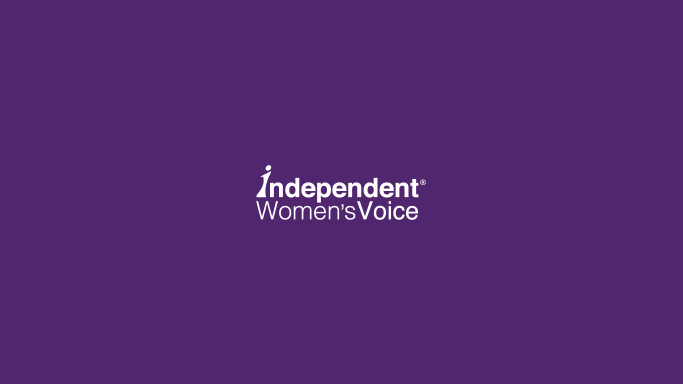Click HERE to view the PDF
Chairman Charles Grassley
135 Hart Senate Office Building
Washington, D.C. 20510
August 23, 2018
Chairman Grassley,
We are reaching out to express strong support for including provisions enhancing penalties for female genital mutilation (FGM), ensuring resources are available for educating communities and professionals about this harmful practice, establishing a coordinated inter-agency response to FGM, and facilitating the development of comprehensive state anti-FGM model legislation in the Ur
As you know, FGM is the partial or total removal of the female external genitalia or other injury to the female genital organs for non-medical reasons, as defined by the World Health Organization. It is a form of gender-based violence, which specifically targets women. It is internationally recognized as a violation of the fundamental human rights of women and girls. FGM has no health benefits. Girls who undergo FGM may face lifelong physical and psychological consequences.
This practice is happening in the United States today to the most vulnerable of our populations: little girls. The Centers for Disease Control and Prevention estimates 513,000 women and girls in the U.S. are at risk of or have undergone the procedure.
As demonstrated by the ongoing federal trial in Michigan, where a doctor allegedly cut the genitals of up to 100 girls, this issue warrants more attention, including an increase in the federal penalty for the practice.
In the Michigan case, it has been accused that families brought their daughters to Michigan, where at the time there was no state anti-FGM legislation, from Minnesota, where a practitioner could get life in prison for cutting a girl. This highlights the possibility that the families were aware of the existing legislation and taking steps to evade it, as well as the need for strengthening the federal anti-FGM legislation so that the penalty is strong enough to dissuade families from this practice.
Further, this case shows that the practice is already clandestine by nature. The young girls were instructed not to tell anyone about the procedure performed on them. This practice is already very much underground; we believe that increasing the penalty could not drive it any further underground than it already is. Individuals who violate the human rights of children in this way should face a harsher sentence than the current maximum of up to five years imprisonment.
Additionally, advocates working with survivors and their families find anecdotally that parents who may be facing pressure to cut their girls from family or community members use existing legislation banning FGM as an excuse to not perform the procedure on their girls.
Finally, last year, the U.S. House of Representatives unanimously approved a bill that would increase the penalty for performing FGM in the United States. H.R. 3317, or the Stopping Abusive Female Exploitation (SAFE) Act, would increase the federal penalty of practicing FGM from five years to 15 years. This increase in penalty would bring the U.S. more in line with other Western countries, such as the United Kingdom, which has a penalty of up to 14 years in prison for practicing FGM on a minor, Italy with a penalty of up to 12 years, and Norway with a penalty of up to 15 years.
In addition to strong deterrents, we need to embrace a holistic approach to address this practice in a meaningful way. Funding is needed to educate both communities as well as professionals – law enforcement, medical professionals, social service providers, and teachers – who may encounter women and girls facing FGM. These groups must be educated on the harms associated with FGM, its prevalence in the United States, the fact that it is a criminal act, and the associated penalties for FGM. Directing funding through VAWA to this effort is a desperately needed step in eradicating the practice.
Additionally, the Government Accountability Office’s Report from 2016 highlights the need for a unified governmental approach to ending FGM in the United States. We are supportive of inter-agency cooperation to prevent the mutilation of girls’ genitals and call upon Congress to ensure the recommendations from this report are fully implemented.
Last, we support the inclusion of developing comprehensive model state FGM legislation; we recommend VAWA language specify that stakeholders are part of the process of drafting this language.
The reauthorization of VAWA is an excellent opportunity to increase the federal penalty for FGM, direct funding to education and outreach, establish a cooperative inter-agency governmental approach to end FGM, and ensure the development of comprehensive model state legislation. The AHA Foundation, Concerned Women for America Legislative Action Committee, F.A. Cole (survivor/advocate/speaker), Independent Women’s Forum, Independent Women’s Voice, Sahiyo, Safe Hands for Girls, and Sara Ahmed (survivor/advocate) encourage you to support the inclusion of FGM in the reauthorization of VAWA.
Sincerely,
AHA Foundation
Concerned Women for America
F.A. Cole (survivor/adovcate/speaker)
Independent Women's Forum
Independent Women's Voice
Sahiyo
Safe Hands for GIrls
Anonymous (survivor/adovcate)

